by Robert Olson
Iraqi Prime Minister Haidar al-Abadi has warned Turkey that if it keeps its forces in Iraq, it will risk “regional war,” especially if continues to train Kurdish Regional Government (KRG) Peshmerga forces. Spokespersons for the KRG came to Ankara’s defense saying that Turkey’s troops and actions were based on prior agreements between Ankara and Erbil.
Prime Minister Yildirim responded immediately to al-Abadi that Turkish forces will remain in the region to fight against the Islamic State (ISIS or IS) “and to make sure that the demographic structure of the region is not being changed by force.” He added that Iraq was wasting its time focusing on Turkey when soldiers from 63 other countries were also fighting terrorists in the same region.
On October 11, President Erdogan said that it was “out of the question” for Turkey to remove its troops from Iraq. He noted that Prime Minister al-Abadi had invited Turkey to send troops to Iraq, albeit to areas controlled by the KRG, in 2014: “Our soldiers could surely be increased or decreased according to the number of Peshmerga whom they have been training. There is no possibility at the moment to pull back our troops.” Erdogan added that Abadi should “know his place” and was not “on my level.”
Turkey has stated repeatedly that is will not tolerate demographic change in Nineveh province, and in Iraq, which has a population of some 300-400,000 Turkmen. The bulk of this group, aligned largely with Turkey, lives in Tal Afar, a town located 32 miles west of Mosul.
Tal Afar’s population was once around 200,000, but it has shrunk to around 50,000 after IS conquered Mosul in June 2014. Before 2015, about 75 percent of the population was Sunni. Prime Minister Yildirim made it clear that Turkey will not tolerate any ethnic cleansing of Turkmen, especially those Turkmen and Sunnis who are pro-Turkish and provide Turkey with a rationale for keeping forces in Iraq.
Around 2,000 Turkish soldiers are stationed at six bases in the KRG. Turkey’s main base is in Bashiqa where it has about 1,500 soldiers and Special Forces. At this base, Turkey has been training a reported 2,000 Peshmerga KRG soldiers for the anticipated attack on Mosul. It is also training 4,500 fighters led by Atheel al-Nujaifi, who had been the governor of Nineveh province when IS fighters overran Mosul. He fled to Erbil, the capitol of the KRG, which supports Turkey’s policy of leading a Sunni-based alliance that would take power after the fall of Mosul and limit the governing power of Baghdad.
The war of words over Turkish forces in Iraq takes place against the backdrop of a recent controversy within Turkey regarding the 1923 Treaty of Lausanne. In that treaty, and in the subsequent 1926 agreement that Ankara signed with Iraq, then under British control, Turkey ceded the province of Mosul to Iraq. The controversy over the two treaties focuses on Turkey’s policies toward Iraq, especially toward the KRG and the city of Mosul.
The Justice and Development Party (AKP) has suggested that the two treaties are no longer legitimate. President Recep Tayyip Erdogan and Prime Minister Binali Yildirim argue that the treaties don’t apply because they were signed by secularist officials who did not take into consideration the strong Islamic principles and faith of Turkey’s Muslim masses or the country’s legitimate geopolitical interests.
The AKP and its supporters have charged that these same leaders allowed the Caliphate to be abolished on March 3, 1924, some months after the signing of the Lausanne Treaty on July 24, 1923.
Photo: Haidar al-Abadi

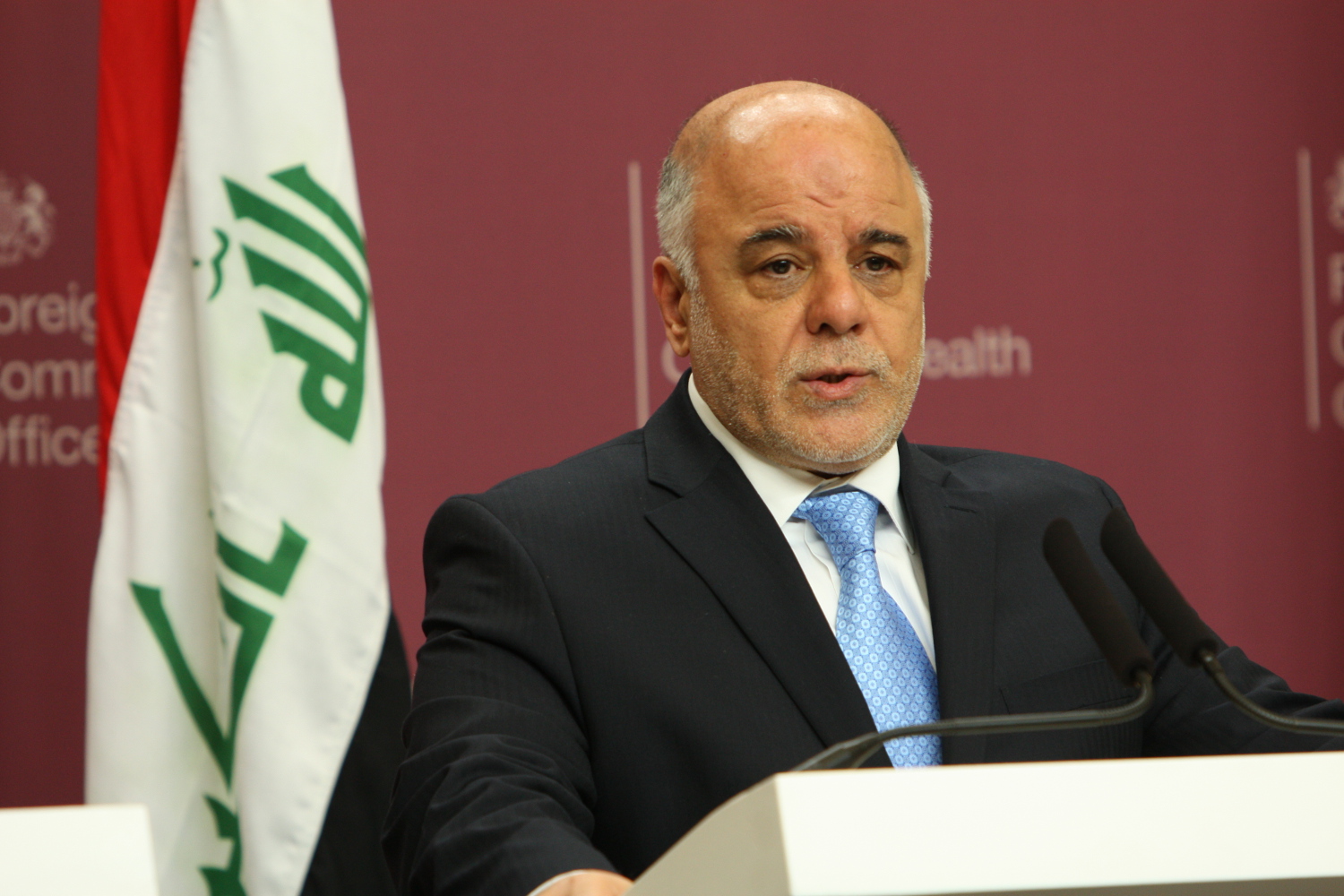
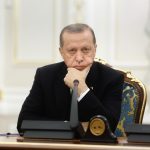
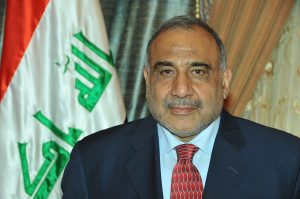
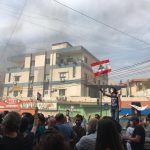
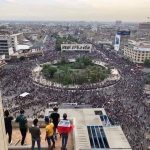
References to the Lausanne treaty in the post should not be taken at face value, instead the author should have investigated and depicted the internal political moves of Erdogan and his attempts for consolidation of his support base in the country since last year’s elections. To my mind, intended audience of these words is NOT the international communities, rather the Turks themselves. Saying these, I do not simply ignore its international effects, but the primary importance of these words could be better understood with more dynamic approach which based on both internal and international politics.
“The Justice and Development Party (AKP) has suggested that the two treaties are no longer legitimate. President Recep Tayyip Erdogan and Prime Minister Binali Yildirim argue that the treaties don’t apply because they were signed by secularist officials who did not take into consideration the strong Islamic principles and faith of Turkey’s Muslim masses or the country’s legitimate geopolitical interests.”
Need references for these loose comments. The Treaties refer to a stable government in both Syria and Iraq, to a “KIngdom of Iraq” in the latter case. In the absence thereof, Turkish government is a guarantor of populations there. The Mosul clause is thus considered incomplete even in Early Republican(Single-party rule) Turkey.